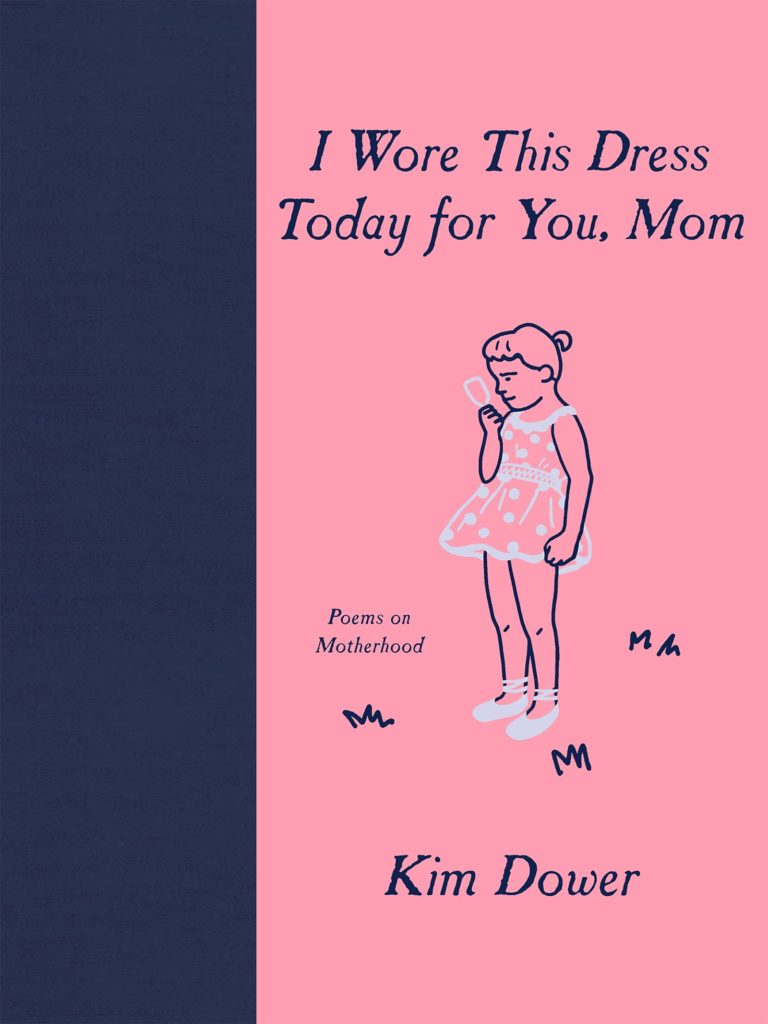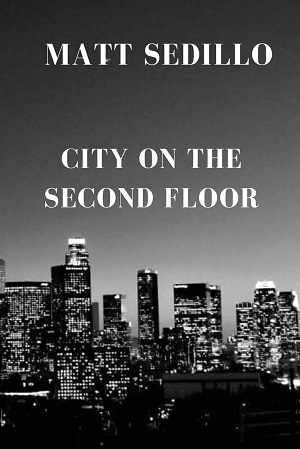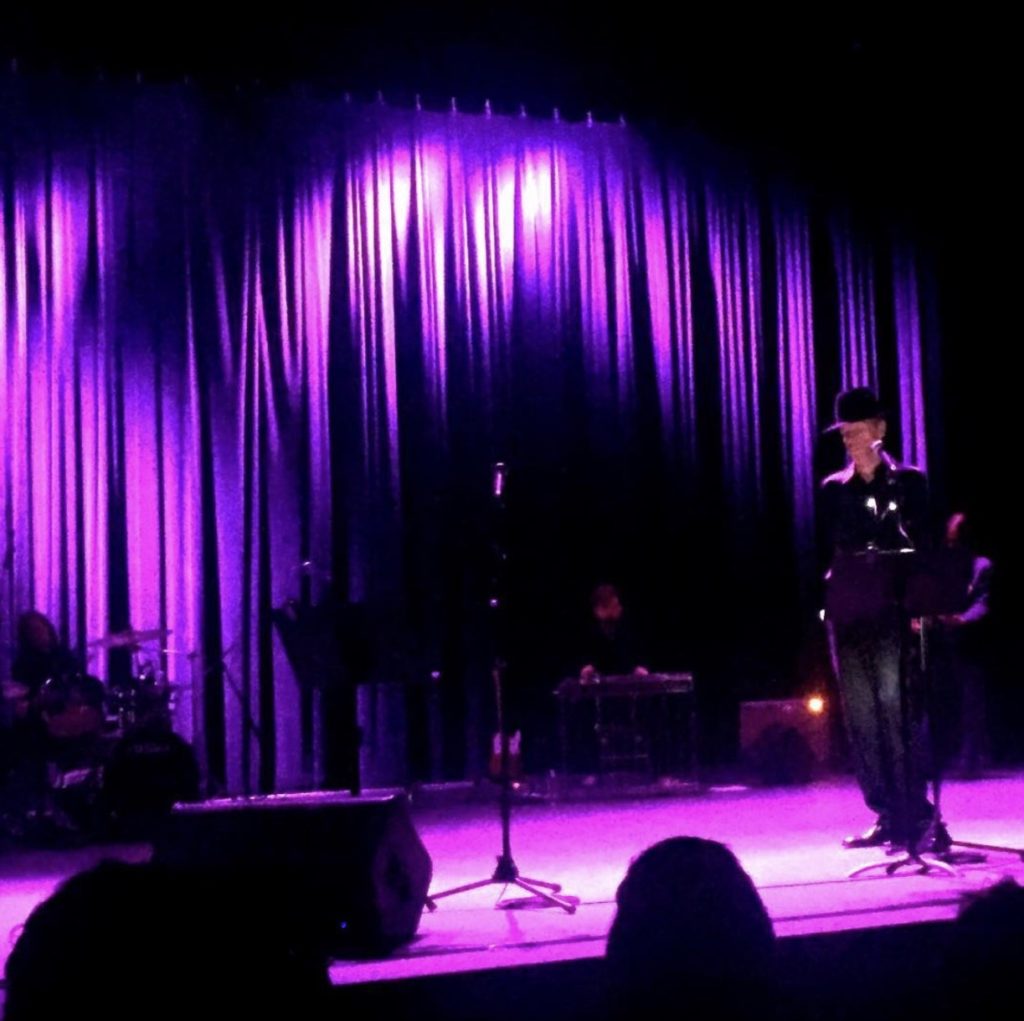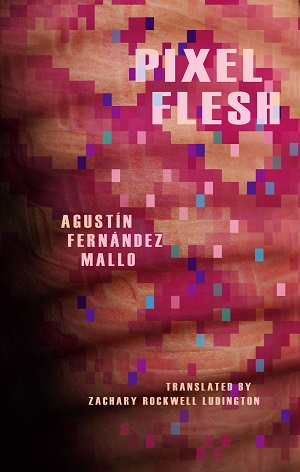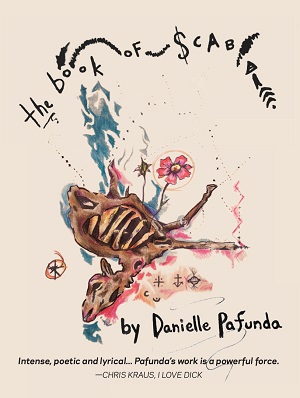Born to Die
I am 17 and I’m not ready for the rest of my life. This much life already feels like an accident, and the approach of my twenties a confusing, improbable indulgence.
I don’t know yet that I am not intelligent enough
to survive on intelligence alone, and I am not pretty in the way they want me
to be. It is 2004, and when the weather is tolerable, I develop a habit of
driving out to the most deserted beach on the lake and walk back and forth, the
wind blowing back my long black skirt. When it is cold, I sit in my car and I
scream.
I am a girl who was born in Spirit Lake, which
sounds romantic, but imagine a frozen lake in the middle of a field that
stretches so far that the rest of the world seems impossible. Imagine the
Ferris wheel and the orange yellow light of parking lots where teenage girls in
halter tops and fringed faux suede belts laugh as they hop in the cabs of
pickup trucks. This is the only place I know to be home, though it has not felt
like home for a long time.
So, I became my own version of the sad girl. My
strange clothing was gleaned from the free clothing room at church and the
local Goodwill, my eyeliner smudged around my big, bored eyes, ensconced (or
trapped) in my beloved American tourist wasteland. My sadness was in so many
ways a performance, but a very real monster lurked beneath the surface. Beneath
the opulent fantasy of my own teenage melancholy was something very real, a
darkness even the sad girls couldn’t save me from. Something that wasn’t quite
chemical and wasn’t quite imaginary. It would be many years before I could name
it.
At seventeen, I wanted to feel the sort of love that swallows people whole. I wanted a love that made me feel like a saint drunk on Jesus, a love that will make me bleed for a reason other than feeling like a cornered animal. I wanted sweeping violins and crazed feminine pain and a glut of roses. I was ready for something that felt like a drug, someone to make me feel as infinite as the fields that surrounded me.
I am haunted most of all by the possibility I was
(and still am) just bored. Could it be that it wasn’t a reverence for a
seismic love, for self-destruction, or for another place that would save me and
make me into a new person? It was an attractive prospect to be someone else,
even if that person was living a distorted life. Maybe I just wanted an escape
from that small town with the neon sno-cones and wholesome families rubbing
shoulders with amoral twentysomething factory workers on weekend benders. That
town that wanted so badly to be arrested in an endless summer.
It would seem paradoxical, even false, to say
that what saved me that year and so many other years were other sad girls, some
who had survived and some who had not.
Sylvia Plath and her incisive dark humor. Her bitter truth emerged from
beyond the grave through the voice of my best friend Ashley, rehearsing her
performance piece for speech and drama, an excerpt from The Bell Jar.
Years later, it was Chan Marshall’s haunted
vocals in Moon Pix were like a dense, heavy blanket in a friend’s dark
apartment, songs that staved off death and welcomed it in the same breath. It
makes no sense, no sense, no sense…playing on repeat in the dark of an unfamiliar
apartment as I tried to sleep off jet lag.
Later, there was Lana Del Rey. She came to me
like a crossroads demon snaking through an internet radio station as I walked
to work from my apartment one evening. My
pussy tastes like Pepsi Cola, she sang. I stopped in my tracks. My eyes
are wide like cherry pies. Suddenly, the college town I’d grown to know as
a cage to pace in became darker, wilder. Wherever she was, there was
complicated men and ill-gotten diamonds and lost highways and the Pacific Ocean,
roiling thousands of miles away.
I fervently consumed the Paradise EP, then
Born To Die, and in consuming that sweetness, I tasted the familiar
bitterness. I’d wished she had existed for me when I was seventeen, when I was
living in that lake of spirits in the middle of endless cornfields. I wish I’d
had her as a guardian angel to guide me though those early years, her voice in
my ear as I sat in my car, telling me that “sometimes love is not enough and
the road gets tough, I don’t know why.” I didn’t know why either. I still
don’t.
“Born to Die” begins with Lana asking “Why? Who, me?”,as if she never asked to be here. There’s an appealing teenage nihilism to “Born to Die”—it’s a song that evokes star-crossed lovers getting high on the beach, at the edge of a field, in a convertible, in a pickup truck, on the boardwalk, in the woods. We never asked to be born, and though we whine as much when we were young, it is later, having survived our wild, wild lives, when we have children of our own who cry though the night and never let us rest, it is finally then when we realize that they are trying to find the language to ask “Why? Who, me? Why?”
Off to the Races
I am 30, and I don’t have anything to lose. I take off to New Orleans with a lover I choose to keep a secret, because it is happening in the twilight of my marriage and the end of grad school and I think to myself that this may be the last time I can ever do this. It is exciting to keep a secret, and maybe I am finally bored enough to try something truly stupid. Just to see if I can get away with being this reckless this late in the game.
I’m sunburned scarlet in a backyard saltwater
pool of an old hotel, in a white swimsuit I will wear only this once, on this
afternoon in New Orleans under lime trees and a shimmering of humidity.
Everyone is smoking and drinking at the edge of the pool and it doesn’t seem
like anyone here cares if their swimwear is flattering. Every now and then, the
smell of marijuana wafts over the bodies in the pool.
It is a little bit primal, this city,
heavy with the smell of rotting shellfish and sticky absinthe and impossible
flowers. It doesn’t feel like America here, or any other place I’ve known.
There is something older that haunts this place, this city of love and death
and sickening history with street names like Desire, Bourbon, Piety. The
man I brought with me, a man just as reckless as I am, watches me smoke
cigarettes and trip over to the bar to ask for another margarita. A man takes
me on a date with the bittersweet night. For three days, I am his baby and he
would fight for me even if I never asked him to.
Lana’s voice rises and falls, rhymes “cognac” with “lilac“; rhymes “shameless” with “basement“. I can tell she is something of a poet, but more importantly, she is a singer (as all poets once were). There’s a deftness to her vocalizations, switching from sultry femme fatale and wide-eyed, bright young thing, as if two hyper-feminine demons are fighting over her soul. Or, more likely, these two versions of the same woman are what her adored “old man” requires her to perform, and she must switch between the two at his whim.
As a singer, she tries to please the
audience in the same way she would please her lover, and it is utterly
heartbreaking. That is why she is so tired. A starlet is both scarlet and
harlot, waiting to be kissed in the garden of earthly delights, waiting to be
loved for every inch of her tar black soul. She is both the persona and the
person beneath, maiden and odalisque, woman dancing on the verge, on the edge
of the Hollywood sign. She is tired because she has been so many other
women and is so good at performing them that she has forgotten her identity.
This battle for control between Lana’s
internal selves may be most brutal, most raw, in her infamous 2012 Saturday
Night Live performance, which is admittedly difficult to watch. She sways
in a white lace gown, her nerves buzzing and bare. The dark femme fatale voice
is too deep, the delicate Lolita self too saccharine. Juliette Lewis tweeted
that the performance “is like watching a 12-year-old in their bedroom
when they’re pretending to sing and perform.” This vulnerability, coupled
with Lana’s vocal stylings, is usually her strength, but in this case it was
rough-edged, the line between the two personas too distinct. It is jagged, it
is schizophrenic, it is the opposite of the polished performances required of a
young woman.
No one is certain whether or not Lana Del Rey’s
consistent aesthetic is simply an aesthetic, or if her life really does
consist of roses blooming in time lapse in the dark heart of America, of fragile girls swaying through hotel rooms
in red satin gowns and the wealthy, charismatic, dangerous daddies who are the
still point of their faltering worlds. Perhaps it is not the point to speculate
whether or not the art is derived from the artist’s life, especially if that
artist is a woman and inevitably, the truth would be painted as either
histrionic or duplicitous. In the beginning of her career, there was much
speculation on whether or not Lana Del Rey was a overproduced persona, a
Frankenstein’s monster created by her wealthy father. She was accused of being
“fake”, but what would it mean for a performer to be “real”? Does the audience
want realism?
Years after that fever dream of a few days in New Orleans, when I am living in New York, a different lover describes me as “confessional”, and by that point I have learned to expect such commentary from men, and I have learned that it is rarely, if ever, a compliment. If anything, it is a warning to protect myself, that I can’t be such a delicate prairie flower in the unforgiving city. As if experiences were finite things to give away, and once those stories are told enough times, they lose their power. Sometimes I hope as much.
Is Lana confessing? Am I actually confessing, or is committing my experiences to words just hiding “the truth” behind a scrim? Sometimes she sounds a little exhausted with the histrionics, as if she’s told the same tale a thousand times of the man who gained incredible wealth by less than honest means, the story of hotel pools and love on the run. A world so sparkling and opulent it can’t last forever. The old man is a “thief” and a criminal and his girl is “crazy”, which she apologizes for multiple times, “God, I’m so crazy, baby , I’m sorry that I’m misbehaving…” but this demurring is only another means of seduction, for she is also “Queen of Coney Island, raising hell all over town.” Her tossed off “sorry ‘bout it” apology is an acknowledgment that her being “crazy” is another way to keep her lover, and whomever enters her world, interested. She knows that it is not direct authenticity the audience wants, but spectacle. The audience wants to be seduced.
Removed from this narrative, Lana’s Saturday Night Live performance is essentially what we do when we listen to Lana Del Rey’s music: perform our own internal narrative. We are twelve years old and swaying in front of a mirror. We are thirty years old, sunburned and drunk in a strange city. We are twenty-five and the woman we are and the woman we want to become and the woman we fantasize about being are in a bloody battle that will probably never end. It’s heaven and hell, truth and lies, the starlet and the harlot. Sometimes those things cannot be contained, sometimes they just are what they are, a girl caught in a daydream of a life she’s only pretending to live.
——————————————————–
Denise Jarrott is the author of NYMPH (Vegetarian Alcoholic Press, 2018), and two chapbooks, Nine Elegies (Dancing Girl Press) and Herbarium (Sorority Mansion Press). Her poetry and essays have appeared recently in Luna Luna, Cover, The Boiler, Yes Poetry, Queen Mob’s, and elsewhere. She is currently at work on a series of essays in conversation with Roland Barthes’ A Lover’s Discourse. She grew up in Iowa and lives in Brooklyn.










